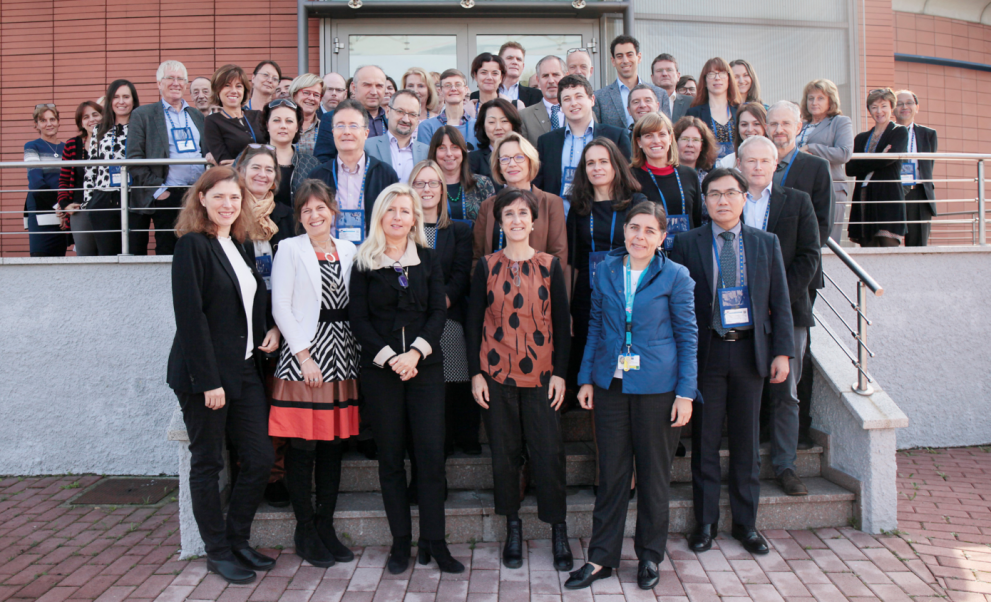
The JRC hosted a workshop to celebrate the 10th anniversary of the International Cooperation on Alternative Test Methods (ICATM). Invited participants from validation bodies, European agencies, national regulatory authorities and stakeholder organisations reflected on past achievements and looked to the future.
The ICATM workshop, titled "The Future of Alternative Methods for Regulatory Testing and their Contribution to Public Health", was organised by the JRC’s EU Reference Laboratory for alternatives to animal testing (EURL ECVAM) on 22 October 2019. It was held in conjunction with meetings of ECVAM's regulatory advisory network (PARERE) and its stakeholder forum (ESTAF).
ICATM partners work together to enhance international cooperation and coordination on the scientific development, validation and regulatory application of alternative approaches to animal testing.
“International collaboration is so important. We've been working closely these last 10 years to ensure a harmonised approach across different regions and regulated sectors. We want to be as efficient and impactful as possible in what we do together”, says Maurice Whelan, JRC scientist and head of EURL ECVAM.
On 27 April 2009, representatives from Health Canada, the European Commission, the National Institute of Health Sciences in Japan and the National Institute of Environmental Health Sciences in the United States signed the memorandum of cooperation establishing the International Cooperation on Alternative Test Methods. In 2011, the National Institute of Environmental Health Sciences in South Korea formally joined the cooperation. Since then, other governmental institutions from Brazil, Singapore and China have been participating in ICATM initiatives on an ad hoc basis.
The long established collaboration between ICATM partners for the validation and peer review of alternative methods has led to their international adoption as OECD Test Guidelines and has helped expedite their regulatory uptake within the respective countries.
One example of the effectiveness of this cooperation is the ICATM workshop that brought together ICATM partners and international regulators to decide the best way forward to bring new non-animal approaches to assessing skin sensitisation into the regulatory domain, to give them the same status as the traditional animal tests. This led to a project at the OECD to develop the first Guideline for skin sensitisation that combines in vitro and computational methods within the context of Integrated Approaches to Testing and Assessment.
Related Content
Details
- Publication date
- 25 November 2019
